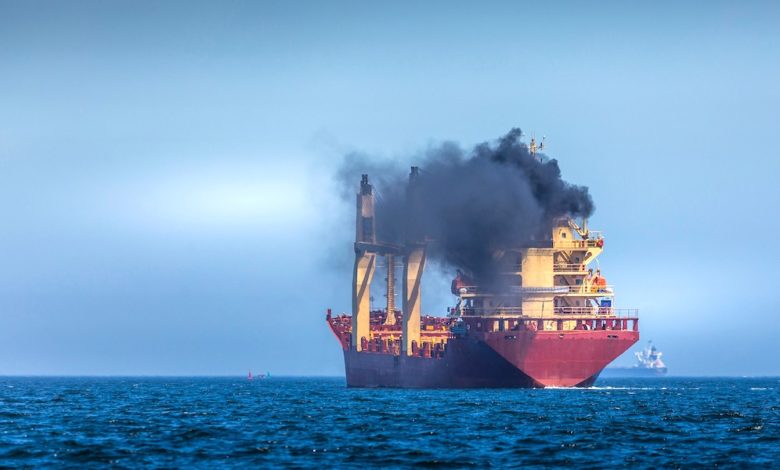Finnish firm develops tech to banish black smoke from ports

A Finnish company has developed and tested technology that could make black smoke in ports a thing of the past.
Valmet has tested a first-of-a-kind scrubber and wet electrostatic precipitator combination and cut exhaust gas emissions in a marine diesel engine by up to 99%. The solution, the company claimed today, could allow shipping companies to lower their particle matter and black carbon emission levels, tackle global warming and comply with tightening regulation. The pilot testing and configuration project was carried out together with VTT Technical Research Centre of Finland (VTT).
Thus far, International Maritime Organization’s (IMO) regulations on air pollution have addressed mainly SOx and NOx emissions but the awareness of particle matter and black carbon emissions is growing. Whereas SOx scrubbers can reduce particulate matter and black carbon emissions to some extent, a combination of a wet scrubber and a wet electrostatic precipitator could capture these emissions almost completely from a ship’s exhaust gas.
“The solution we tested brings so many benefits that we believe it has great potential. Emission regulations are bound to tighten in the upcoming years. Valmet now has a solution that can be installed both on newbuilds and already operating vessels that still use conventional fuels. That enables shipping companies to significantly reduce particle emissions, while continuing their operation normally,” said Juha Jokiluoma, product manager at Valmet.
Valmet’s wet electrostatic precipitator is used to control emissions, including particulate emissions, heavy metals, acid mist, oil mist and visible plume. Its operation is based on a very strong electrical field between discharge electrodes and collecting tubes created by a transformer rectifier.
In related news, Dutch dredging firm Jan De Nul recently ordered the world’s tallest jackup installation vessel alongside the floating installation vessel Les Alizés in 2019. According to the company, the duo will be the first in the world with an extremely low carbon footprint equipped with a highly advanced dual exhaust filter system, removing up to 99% of nanoparticles from emissions using a diesel particulate filter (DPF) and reducing NOx emissions and other pollutants by means of a selective catalytic reduction system to levels in accordance with EU Stage V regulation.
